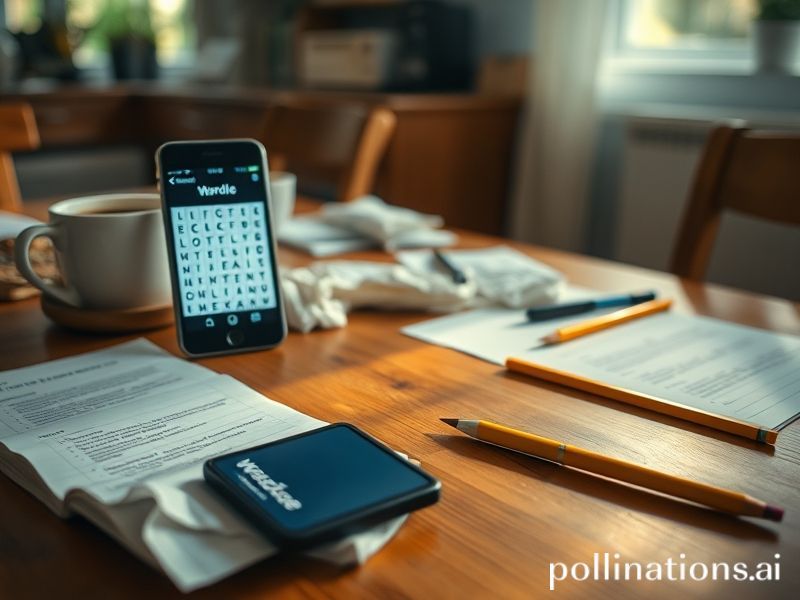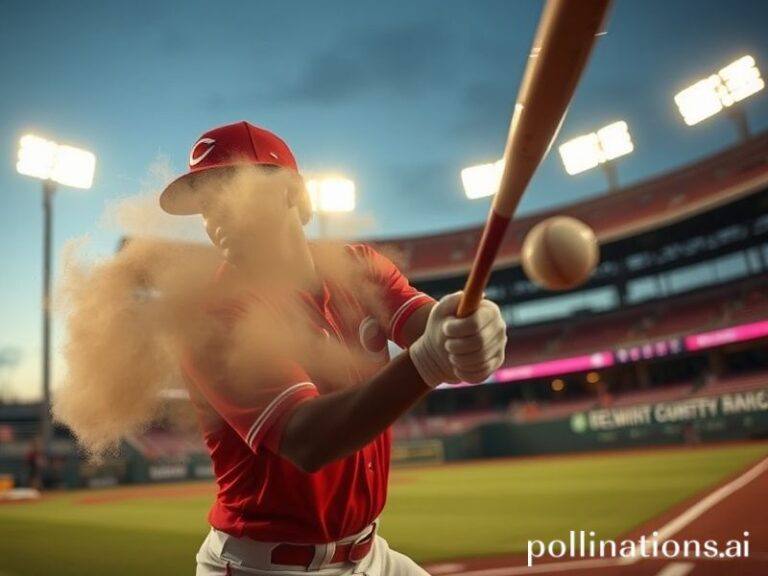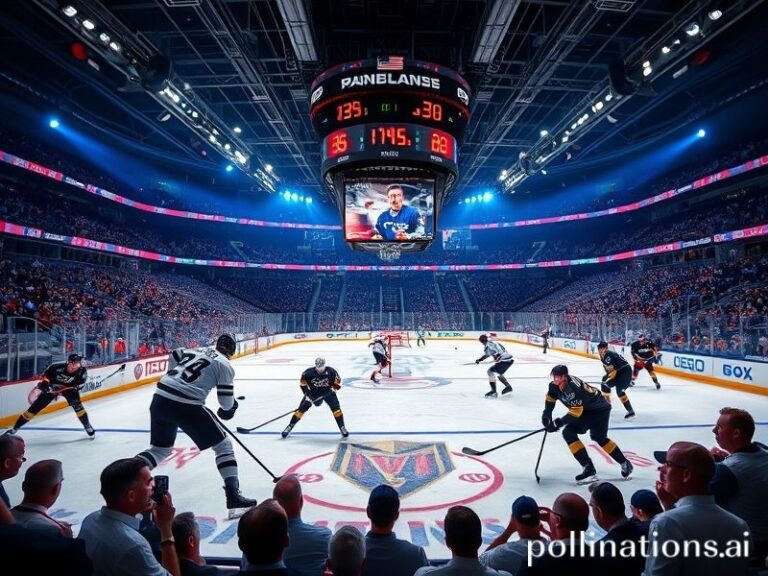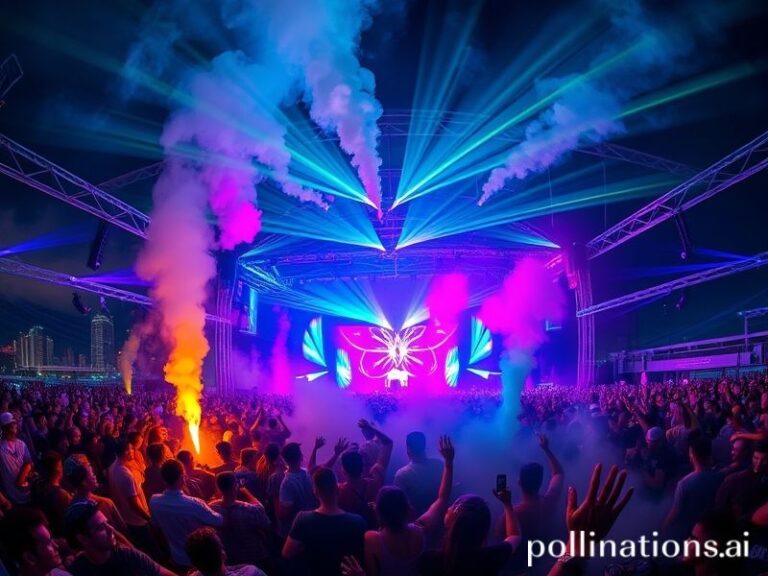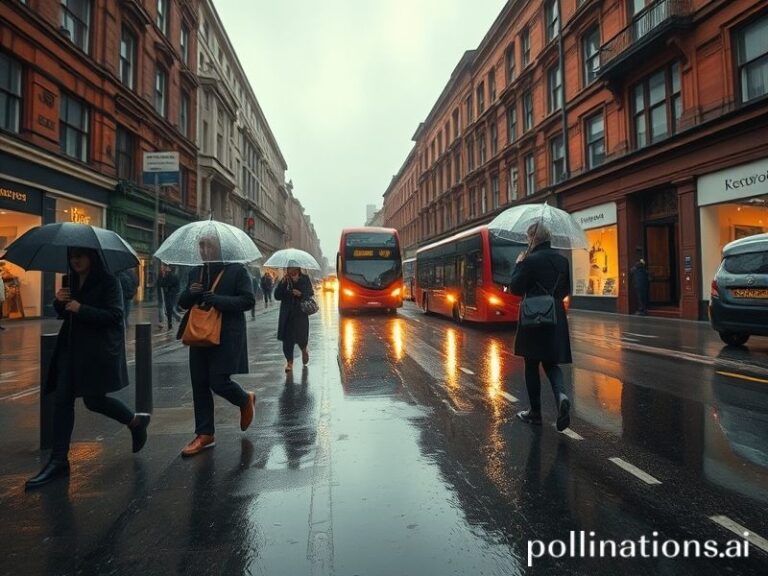Global Wordle Crisis: How Five-Letter Words Became Humanity’s Final Obsession as Civilization Crumbles
**The Global Obsession with Five-Letter Words: How Wordle Help Became a Diplomatic Crisis**
GENEVA—While the Doomsday Clock ticked ominously at 90 seconds to midnight, representatives from 193 nations gathered last week for what the UN modestly billed as “Emergency Session 47-B: Addressing Digital Inequality in Wordle Assistance.” The emergency, it seems, was that half the planet couldn’t figure out yesterday’s puzzle was “PARER,” and the other half was hoarding starting words like nuclear secrets.
In the marble corridors of international power, where diplomats usually debate minor trifles like war crimes and climate extinction, a more pressing issue has emerged: the geopolitical implications of Wordle help. What began as a charming daily word game has metastasized into a global addiction that makes the opium trade look like a weekend craft fair.
From the favelas of Rio to the boardrooms of Tokyo, humanity has united around a singular obsession: guessing five-letter words in six attempts or fewer. The French, ever the contrarians, have demanded their own version using only silent letters. The Germans have somehow created a 47-letter Wordle that takes three weeks to complete and requires a doctoral dissertation to understand. Meanwhile, the Finnish have reportedly developed a Wordle that can only be solved while submerged in ice water, because of course they have.
The black market for Wordle help has exploded faster than a cryptocurrency pyramid scheme. In Russia, oligarchs allegedly trade starting words like “AROSE” for political favors. North Korean state media claims Kim Jong-un solved today’s puzzle in negative-two guesses, a feat that defies both mathematics and reality. In Silicon Valley, tech bros have disrupted the concept of “help” by creating an app that solves Wordle for you, then sends you motivational quotes about self-reliance.
International development agencies now distribute starting word strategies alongside food aid. “Teaching a man to fish is all well and good,” explains World Bank President David Malpass, “but teaching him that ‘ADIEU’ eliminates four vowels immediately? That’s real poverty alleviation.” The IMF has made Wordle proficiency a condition for debt relief, because nothing says “economic stability” like knowing “CRANE” is statistically optimal.
The cultural implications are staggering. The British Museum has already begun looting—sorry, “acquiring”—ancient Wordle strategies from former colonies. China has built a Great Firewall specifically to block Wordle help sites, insisting citizens use only state-approved starting words like “XIJIN.” In India, arranged marriages now require compatibility in Wordle strategy, with astrologers reading vowel placement like tea leaves.
Climate scientists report that global Wordle-related energy consumption now exceeds that of Argentina, mostly from people staring blankly at yellow squares while their children wonder what’s for dinner. The WHO has classified “Wordle Rage” as a legitimate medical condition, symptoms include throwing your phone across the room when “PARER” seems like a made-up word (it’s not, apparently).
As Western civilization circles the drain like the last bits of coffee in a diplomat’s cup, we find ourselves united not by shared prosperity or collective security, but by our collective inability to remember that “Z” exists. The aliens will find our ruins adorned with five-letter grids, our final communications reading: “Today’s was impossible” and “Who knew that was even a word?”
In the end, perhaps this is humanity’s true legacy: not our art or our science, but our desperate need for validation through green squares. As the world burns and democracies crumble, we find solace in the fact that we guessed “WATER” in three tries. Take that, existential dread.
The UN session concluded without resolution, naturally. Tomorrow brings another puzzle, another chance at five-letter redemption. Until then, we wait, we wonder, and we google “words ending in ER” like our lives depend on it. Because in this corner of the apocalypse, they sort of do.

